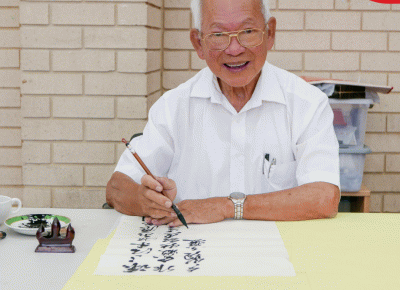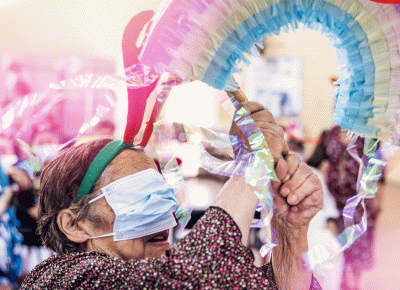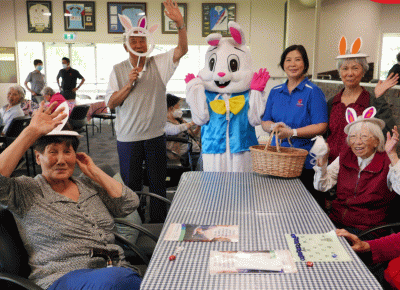Many people are familiar with the term dementia. Still, it’s common for most to only have a basic understanding of the condition. At the same time, it has been further confounded by the lack of standardised translation in Chinese. In the Chinese language, the term dementia often referred to as失智症 (shī zhì zhèng), 脑退化症 (nǎo tuì huà zhèng), 认知障碍症 (rèn zhī zhàng ài zhèng), or the less commonly used 老年痴呆症 (lǎo nián chī dāi zhèng). The word dementia actually originated from Latin, where “de” means away from and “mens” refers to mind. In fact, dementia is a collective term for neurocognitive disease caused by brain disorders.
Data from 2022 reveals it is Australia’s second leading cause of death, with approximately 480,000 individuals affected by dementia. The number of affected individuals is estimated to exceed one million by 2058. Therefore, understanding dementia can help patients and their caregivers effectively manage symptoms and seek professional assistance.

In mid-May, Chung Wah Community Care (Chung Wah CC) invited Alzheimer’s WA to conduct dementia-related seminars at the Balcatta and Willetton Community Hubs. The theme was “Enrich Yourself: Practical Strategies to live well and reduce your risk of Dementia”. The guest speakers emphasised that dementia is not a natural part of ageing or directly related to age. Instead, it results from brain damage, leading to varying degrees of decline in cognitive functions such as thinking, memory, reasoning, insight, and organisation. Eventually, dementia affects the patient’s physical abilities, causing orientation difficulties, swallowing problems, incontinence, and even hallucinations.

Dementia is a general term encompassing over 300 different causes. The most common type is Alzheimer’s disease, accounting for 50-70% of all dementia cases. Other common types include Lewy body Disease, Vascular Disease, and Alcohol-related Dementia. The exact cause of Alzheimer’s disorder remains unknown. However, it is a neurodegenerative condition with an unassuming genetic link. The progression of the disease is associated with the presence of beta-amyloid protein and tau protein in the brain, leading to the death of brain cells. The guest speakers further discussed measures to reduce the risk of dementia. While we cannot change the ageing process, genetics, or past lifestyle habits, we can amend our present and future dietary and lifestyle habits. They highlighted six recommendations to reduce the risk of dementia, represented by the acronym “ENRICH”.
E stands for Exercise: Engage in cardiovascular exercise for 40 minutes, five days a week, and incorporate strength training exercises 2-3 times a week.
N stands for Nutrition: Regular consumption of fish that is rich in healthy fats, colourful fruits and vegetables, nuts, and olive oil. Limit the intake of desserts, pastries, fried foods, red meat, and dairy products.
R stands for Rest: Maintain good sleep for 6-8 hours every night.
I stands for Involvement: Social isolation is a significant risk factor, so stay socially active.
C stands for Challenge yourself: Stimulate brain cells by learning something new and challenging.
H stands for Healthy heart: Manage blood pressure, cholesterol, blood sugar, weight, and quit smoking to maintain a healthy heart, lungs, and brain.


The participants found it highly beneficial and expressed their appreciation through warm applause. Chung Wah CC’s Evergreen College regularly organises health talks on various topics, helping community members, particularly non-English speaking migrants, to understand information relevant to Australia and facilitate their integration into community life. These talks are delivered in English and multiple Asian languages, helping community members to understand and ask questions more freely.
Chung Wah has been servicing the WA community since 1909, dedicated to improving the quality of life of individuals from diverse backgrounds. Moreover, Chung Wah CC has over 35 years of professional care experience helping seniors and people with disability improve their well-being and better integrate into the community. In 2023, we’re promoting our theme “Embrace, Elevate , Flourish, and build a better community for all.





